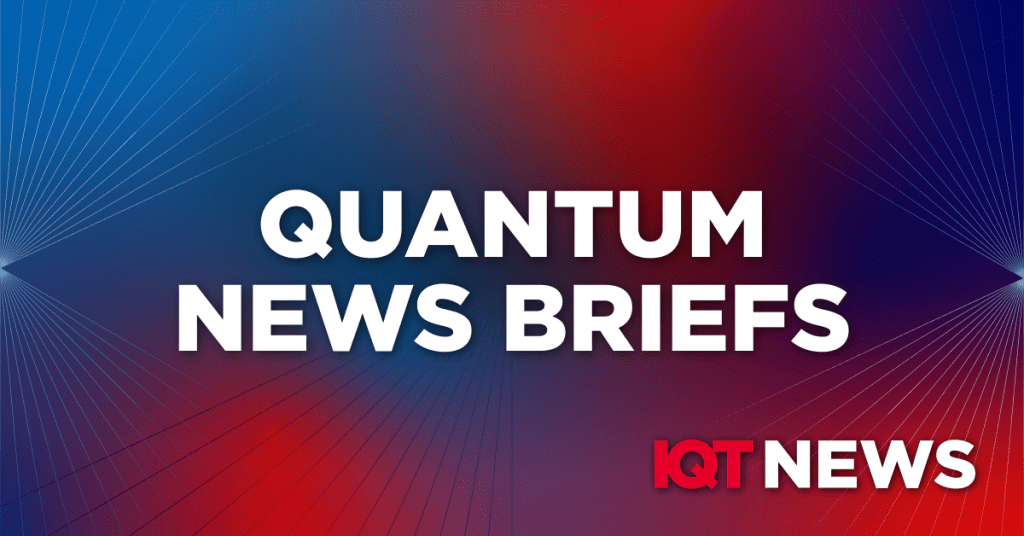Toshiba’s Commitment to a Quantum-Safe Singapore
With over three decades of research in quantum technology, Toshiba has shifted from academia to commercializing QKD systems. The recent opening of a £20 million Quantum Technology Centre in Cambridge, UK, underscores Toshiba’s commitment to developing quantum-secure networking solutions. This initiative addresses the vulnerabilities of traditional encryption methods, ensuring robust data security through advanced QKD technology that utilizes quantum physics principles to create resilient encryption against potential decryption attempts.
In February 2024, The Monetary Authority of Singapore (MAS) issued an advisory urging financial institutions to monitor quantum developments and adopt strategies to transition to quantum-resistant solutions, emphasizing the need for crypto-agility to adapt to emerging threats. In July 2024, MAS is also committing up to S$100 million under the Financial Sector Technology and Innovation Scheme (FSTI 3.0) to enhance quantum and artificial intelligence capabilities in financial services. This initiative includes establishing a Quantum Track to support financial institutions in building quantum capabilities in Singapore.
Building on these initiatives, in October 2024, Deputy Prime Minister of Singapore, Mr. Heng Swee Keat, visited Toshiba Corporation in Japan.
The partnership has achieved significant milestones, including the first quantum-secure link across SPTel’s diverse and scalable fiber network, enhancing the security of sensitive data. The joint efforts are further solidified by the recent Memorandum of Understanding (MOU) with SpeQtral and ST Engineering to accelerate the development of tailored quantum-safe solutions, ensuring robust protection for sensitive communications across sectors such as finance and government while positioning Singapore as a leader in quantum security in Southeast Asia.
Kudelski IoT Launches Quantum-Resistant Security IP, Future-Proofing Semiconductors Against Emerging Quantum Threats
Quantum-Resistant Cryptography (QRC) is specifically designed to withstand the advanced capabilities of quantum computers, which are expected to surpass the strength of current cryptographic systems within the next decade. Traditional cryptographic methods, such as RSA and Elliptic Curve Cryptography, face the risk of becoming vulnerable. By incorporating quantum-resistant algorithms into the KSE, Kudelski IoT strengthens the security SoCs, protecting them from emerging threats while maintaining performance, efficiency, and flexibility.
As one of the first companies to offer quantum-resistant security IP for semiconductors and devices, Kudelski IoT is at the forefront of future-proofing connected assets. Combined with its renowned Security Labs and device-to-cloud Public Key Infrastructure solution, keySTREAM, Kudelski IoT delivers a comprehensive suite of services that assist manufacturers in navigating the transition to quantum security. The Kudelski Group is headquartered in Cheseaux-sur-Lausanne, Switzerland and Phoenix (AZ), USA with offices in 32 countries around the world.
Spectral Releases its Quantum Bridge Strategy for a Decentralized, Sustainable Future Using Quantum-Resilient Edge Computing
Vogon Cloud’s value proposition rests on a meticulously designed edge computing infrastructure, where modular data centers, built from five graphene enhanced concrete 40ft containers, bring processing power closer to end users, thereby minimizing latency and reducing network congestion. Each container serves a dedicated role-one for battery storage, one for Network Operations, and three housing an impressive array of 1,504 servers each. By positioning these modular centers in urban environments, underutilized spaces, or regions with natural cooling advantages, Vogon Cloud optimizes resource allocation and environmental impact.
As quantum computing advances, existing encryption systems become increasingly vulnerable to sophisticated quantum attacks. Recognizing this, Vogon Cloud integrates SPHINCS+ post-quantum cryptography within its DQLDB to fortify data security and protect against these looming threats. Each transaction within Vogon’s DQLDB is immutably timestamped and retains detailed provenance records, safeguarding data integrity and bolstering governance, compliance, and auditability. Vogon Cloud’s quantum-resilient framework provides unparalleled cross-regional data sharing and coalition-based real-time support. This architecture enables organizations to confidently address both today’s security demands and emerging cybersecurity challenges.
Riken Team Helps Develop Optical Quantum Computer
Because a huge range of highly complex calculations can be done at once, the computer could be applied to artificial intelligence research.
Outside researchers will also be able to access it through internet cloud systems, said the team from the Riken research institute and Nippon Telegraph and Telephone Corp.
They announced the breakthrough, made in conjunction with other entities, on Nov. 8.
The Riken team said it developed an optical method in which light is handled like a qubit to enable many qubits to be packed into a single machine without having to create a gigantic framework.
The quantum computer completed at the Riken lab measures 4.2 meters by 1.5 meters but can simultaneously conduct calculations using about 100 different figures.
Team members said the computing function of the new Riken quantum machine is equivalent to one using superconductivity that has 1,000 qubits.
The new machine is also compatible with a calculating method known as a neural network because it copies the links found in human cranial nerves.
